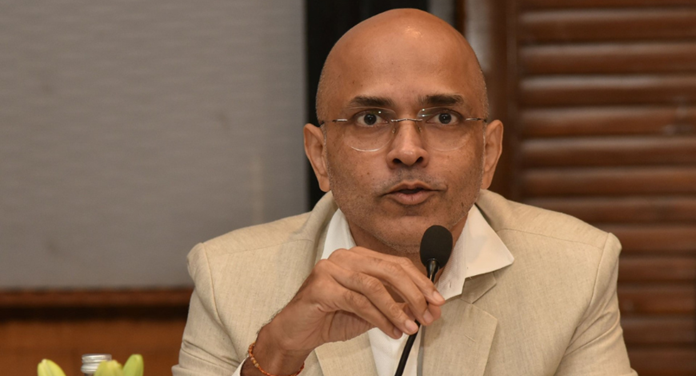HRAWI argued that affordable liquor prices are paramount in a post-pandemic world where domestic travel has surged, making it essential to attract customers
The Hotel and Restaurant Association (Western India), or HRAWI, has made a fervent plea to the Maharashtra State Government, seeking a rollback of the recently imposed 5 percent increase in VAT on liquor served at bars and restaurants across the state. Expressing deep concern over the unexpected hike in liquor taxes.
In a formal representation submitted to key government officials, including Shri Eknath Shinde, Chief Minister, Shri Ajit Pawar, Deputy Chief Minister and Finance Minister, Girish Mahajan, Tourism Minister, Jayshree Bhoj (IAS), Principal Secretary, Tourism, Government of Maharashtra, and Shaila A (IAS), Secretary (Reforms) Finance, Finance Department, Government of Maharashtra, HRAWI implored the government to reconsider the decision, citing concerns over its ramifications.
President of HRAWI, Pradeep Shetty, underscored the importance of affordability in the tourism sector, which accounts for around 9 percent of the nation’s GDP and employs over 12 percent of the workforce. Shetty noted that several states, such as Goa, Haryana, and Chandigarh, have recognised the critical role of lower liquor duties in boosting tourism and have reduced levies accordingly. The recent VAT increase in Maharashtra, he emphasised, is at odds with this trend and could significantly harm both domestic and international tourism.
“Tourism is a vital contributor to the country’s economy. The affordability of liquor is crucial in the tourism sector. Many states, including Goa, Haryana, and Chandigarh, recognising this fact, have reduced duties or levies on liquor to drive sales and boost tourism. The increase in VAT in our state is in stark contradiction to this and will adversely affect both domestic and international tourism. Affordability is key for tourists, and this decision hampers the initiatives taken to attract visitors. We urge the government to reconsider the decision to increase the VAT, keeping the larger picture of our economy in mind,” urged Shetty.
HRAWI argued that affordable liquor prices are paramount in a post-pandemic world where domestic travel has surged, making it essential to attract customers. The association emphasised that lower prices would not only boost state revenues but also encourage domestic travellers to choose Maharashtra as a travel destination. Conversely, higher prices would likely lead to a decline in business for restaurants and FL 3 licence holders. It may deter consumers from patronising bars and permit rooms due to successive price hikes and could inadvertently encourage illegal activities like bootlegging.
“This is the second increase in prices, the earlier one being on account of an increase in excise licence fees by 10 percent. An increase in yearly excise fees, followed by the doubling of VAT on liquor, is likely to have a negative effect on businesses. On the other hand, reasonable liquor prices encourage spending, boost revenues, and enhance the overall appeal of our state as a tourism destination. The hospitality industry is just recovering from the pandemic’s blow. Further price hikes will dampen the spirits of business owners and may lead to undesirable outcomes, such as increased illegal activities. We appeal to the government to consider the long-term consequences of such decisions,” cautioned Mr. Chetan Mehta, Vice President of HRAWI.
HRAWI further pointed out that the government had previously constituted a committee to investigate the decline in beer sales in 2020, examining whether this decline was linked to an increase in excise duty.
“The increase in VAT directly affects the livelihoods of thousands of licence holders and their employees. We urge the government to roll back this decision and work collaboratively with the industry to ensure sustainable growth and prosperity for all. We remain open to discussions with the government and stakeholders to find a solution that supports both the state’s revenue goals and the hospitality industry,” concluded Shetty.











